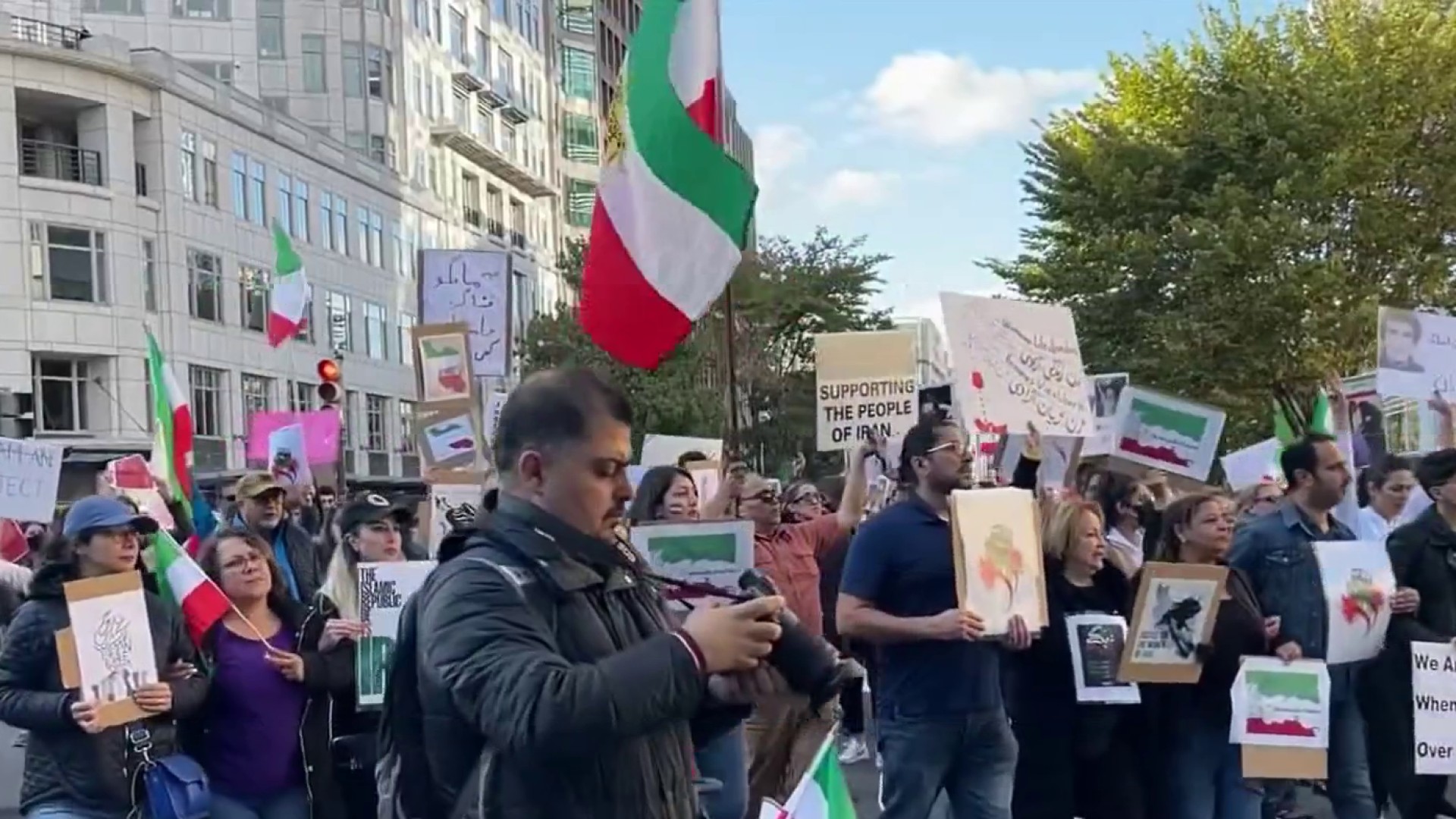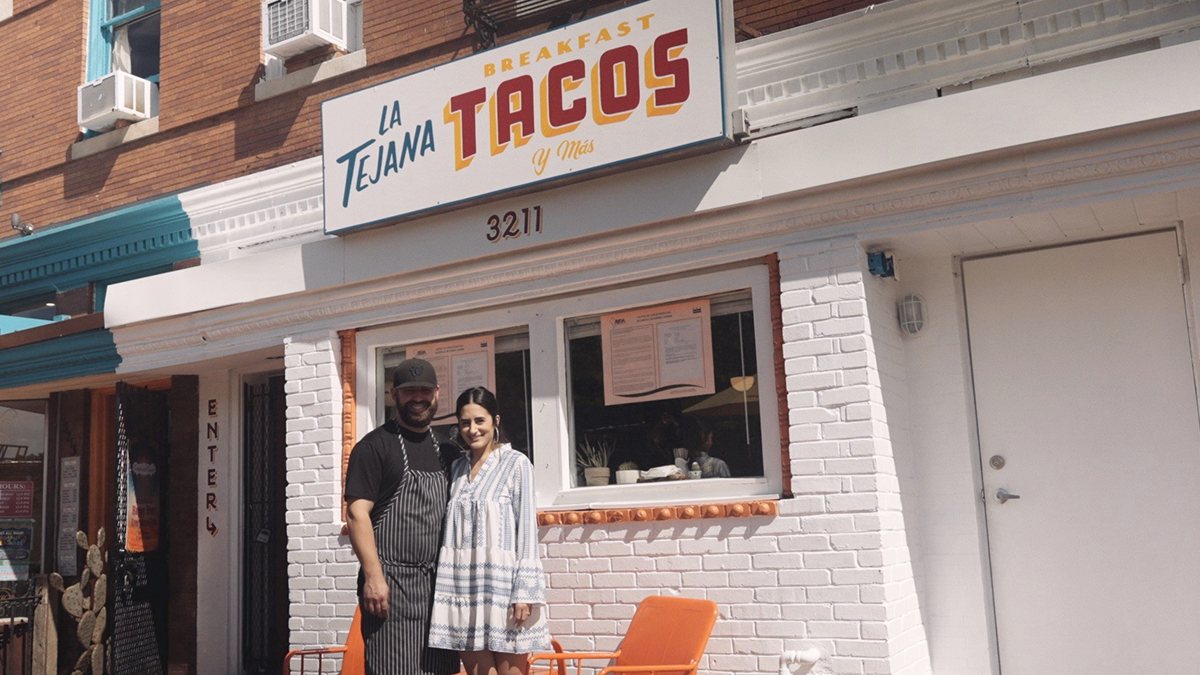The "Women's Wave" demonstration, organized by the Women's March, was held Saturday nationally and in D.C.’s Folger Park. The group said the action was meant to rally supporters of reproductive rights and racial justice ahead of the midterm elections.
Participants started gathering at 11 a.m. in Folger Park on D Street SE between Second and Third streets SE, attended a rally at noon and a march at 1 p.m., info from the Women's March says.
“The #WomensWave is coming for EVERY anti-abortion politician, no matter where they live. Today we march,” the executive director of Women’s March, Rachel O’Leary Carmona tweeted.
For the "Women's Wave" rally, Women's March asked supporters to wear blue clothes and blue eyeliner as well as make blue-wave-shaped signs to demonstrate "feminist tsunamis."
We're making it easier for you to find stories that matter with our new newsletter — The 4Front. Sign up here and get news that is important for you to your inbox.
Many attendees in the large crowd that gathered at the park brought signs. One sign read, "We are never going back. Another sign read, "Women united are stronger than a country divided, vote."
In images from the rally, people in the crowd can be seen wearing jackets and sweatshirts due to the cool temperatures. Many attendees were wearing blue clothing, yellow safety vests and the color green, the symbol of abortion rights.
In a video, tweeted by UltraViolet co-founder Shaunna Thomas, the protestors can be heard chanting, "When women's lives are under attack, what do we do? Stand up, fight back."
Carmona addressed the crowd while wearing a blue shirt. She spoke about the importance of the upcoming midterm elections for reproductive rights.
“This election is a clear choice between working Americans who care for our communities and Trump Republicans who incite violence," Carmona said at the rally. "We won’t go back."
Lea Delara emceed the event and introduced performers Biianco, Milck and Autumn Rowe. Organizers included the groups UltraViolet, All Above All, the National Women’s Law Center and the American Federation of Teachers.
There were more than 380 marches planned on Saturday in all 50 states, according to Women’s March.



